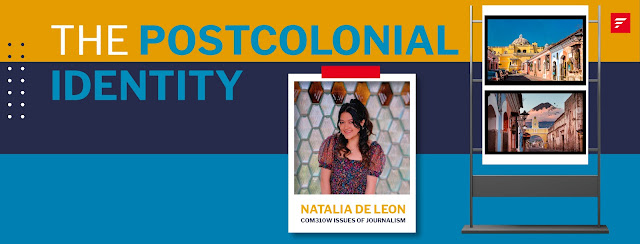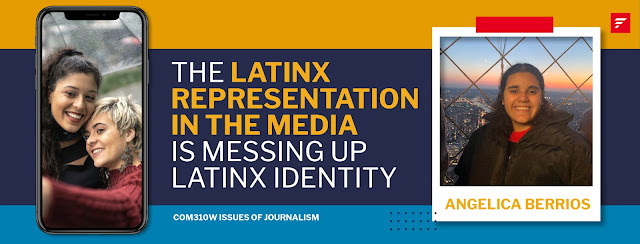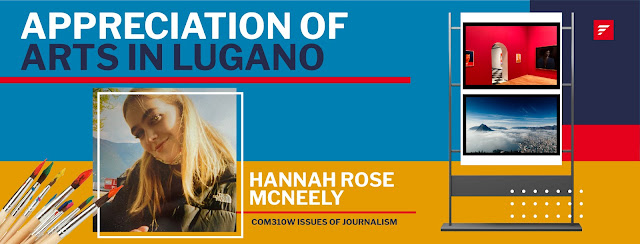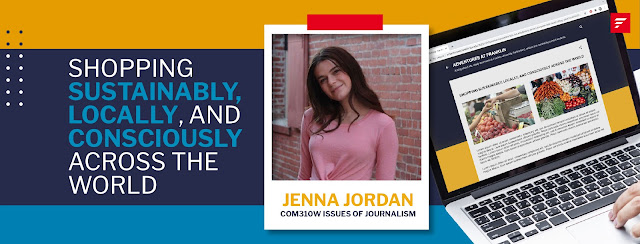Loving on Cloud Nine --- Sofia Rojo-Kratochvil ’23

Describing love, Franklin University Switzerland student Natalia de Leon calls it “heavenly” and as if “you’re on cloud nine.” Open to receiving and giving love, Natalia enjoys this sentiment and affirms that “there are different types of love.” She emphasizes that knowing what type of love is being received can curate a better understanding of how you show affection towards your loved ones. Well versed in this, Natalia listed some examples including: Nurturing Familial Love Affectionate Friendship Love Romantic Partnership Love Each type nurtures each aspect of Natalia’s warm-spirited soul. The “common denominator in all of these types of love is happiness,” she states. “Effortless.” With mutual respect and understanding, love brings a soft breeze of “peace” and “no stress.” She emphasizes the importance not only lies in recognizing the type of love but how one loves. She places high importance on how others receive love as she believes it is a to...




